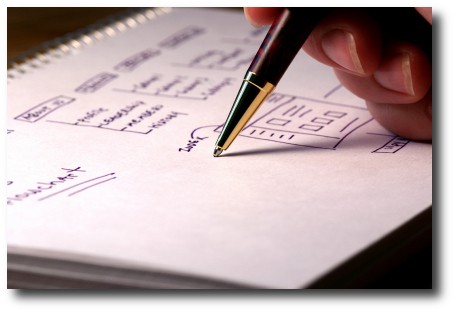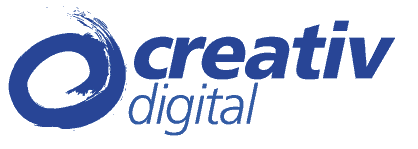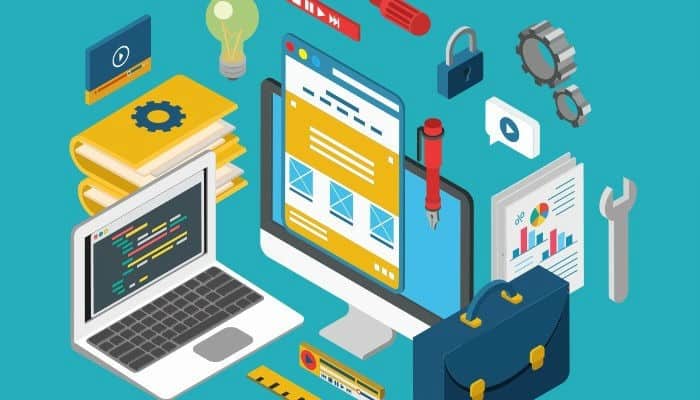The world of UX or user experience is a rapidly changing one, and it’s important for junior UX designers to stay on top of their game. With so many companies looking for talent in this field, it’s crucial that you make the most of your time at school and learn as much as possible. That’s why we put together this list of must-know skills for junior UX designers.
Analytical Skills
Analytical skills are a must for any designer. They allow you to understand how users behave and what they need from your product, which is crucial in order to make informed design decisions.
Some of the most important analytical skills that UX designers should learn include data analysis. You can use analytics tools like Google Analytics or Mixpanel to get an overview of how people interact with your site, but these tools don’t tell you everything.
This means it’s up to you as a designer–or more specifically, as part of a team–to use other data sources like customer service tickets or social media comments to figure out why something isn’t working properly on your website or app.
User Interface Design
User interface (UI) design focuses on creating easy-to-use visual or audio interface elements to help users interact with a site, app, or other computer systems in a user-friendly manner. UI is crucial to the success of digital assets because a user is likely to leave a page if it is difficult to use.
A good UI / UX design helps you get better results in the long run. It can help your clients or company generate more leads and improve conversion rates. This translates to better sales and revenue.
Creativity

Creativity is a skill that’s important for UX designers because it allows them to think outside the box and come up with solutions that others may not have thought of before.
Creative skills can be learned, and they’re something that every UX designer should have in their toolkit. Here are some examples:
Artistic ability (drawing, painting) – this helps you create better user interfaces by giving your designs more aesthetic appeal
Collaborative Mindset
You’ll need to work well in teams. You’ll be collaborating with people from different departments, so it’s important that you’re able to communicate effectively with them. This can be especially challenging when working on projects that involve a lot of stakeholders, but it’s also necessary for junior UX designers (and anyone else) who are trying to make an impact in their job roles.
If you want your work to stand out among other employees at the same level, being able to communicate effectively is key.
Empathy
As a UX designer, you’ll need to understand the user’s perspective and put yourself in their shoes. You can’t do this if you don’t have empathy for the people who use your product or service.
Empathy is defined as “the ability to understand or feel what another person is thinking or feeling.”
If you can’t empathize with users’ needs, motivations, and perspectives then it will be difficult for them to trust your decisions about how they should interact with products or services that are designed by someone who doesn’t share those same feelings.
Research
Research is the cornerstone of any UX design project. It’s a process of learning about people and their needs, motivations, and behaviors–and it can be applied to any product or service you work on. You may think that research only applies to new products or services; however, research has long been used in existing ones as well.
Research isn’t just about collecting information from users or customer s. It also involves understanding how your target audience thinks about things like technology, brands, usability issues and more. This type of self-reflection helps designers develop solutions that meet their users’ needs while still being innovative enough to stand out from other products on the market.
Usability Testing
Usability testing is an important part of the UX design process. It’s a way to test how easy it will be for users to accomplish tasks and use your product, so that you can make sure it’s as user-friendly as possible.
Usability testing involves observing people interacting with your product, recording their actions and behaviors, and making any necessary changes based on those observations.
You might also want to conduct usability tests on existing apps or websites in order to see how well they function before spending time building something new from scratch and could take years. Usability tests are useful because they help provide valuable feedback on what works well and what doesn’t.

Prototyping
Prototyping is a critical skill for UX designers, and it’s one that you’ll need to master if you want to stand out in your field. Prototypes can be used for:
- Explaining concepts and ideas to other people
- Testing assumptions about how users will interact with an interface or product
- Getting feedback from potential clients
Pursue Further Educational Opportunities
If you are interested in pursuing a career as a UX designer, then it is important that you learn the skills that will help you get there. One of the best things you can do is to seek out further educational opportunities that will give you the knowledge, skills and experience needed to be successful in this field.
Thankfully, learning opportunities are literally at your fingertips. The Internet offers a wealth of information for every stage in your UX design career and is the perfect place to begin your research and learning process.
Search for references and trainings on different aspects of UX design like prototyping, user research, UI design articles, and more. Get to know tools like Adobe XD, which is a great place to learn and grow UX design skills. Subscribe to publication that can hone your skills and keep you abreast with the latest technology
Bottom Line
These are just some of the skills you should be learning from a very young age. There are so many more that can help you in your career as a UX designer, but these are the basics. These skills will help you work with other people and understand how they think and feel about what you’re designing for them. They will make sure that when they use your product or service, it works well for them so they don’t have any problems while using it.



